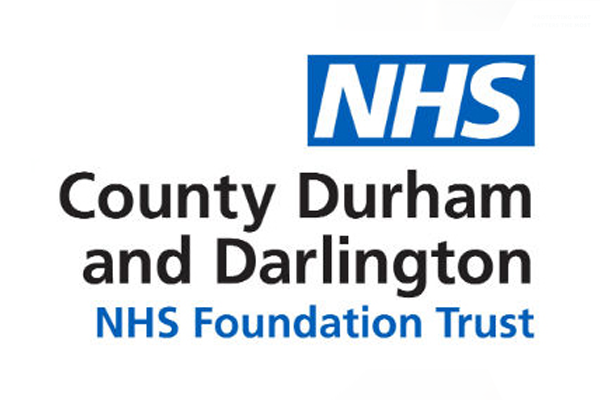
The Customer
County Durham and Darlington NHS Foundation Trust (CDDFT) is one of the largest integrated care providers in England, serving a population of more than 600,000 people and offering further community services to more than 1.2 million people.
Restore Records Management has been providing records management services to CDDFT since 2013 and took on a new contract to manage the digitisation of the trust’s records.
Top of the wish list was cost savings, standardisation of the record archive and to achieve paperlite operations throughout the trust. Other challenges included:
Patient files were stored in different filing systems across five locations, all at full capacity. With over 890,000 paper-based records stored in all, a centralised digital system was required to enable clinicians to rapidly retrieve and transfer medical files at the point of care.
All staff within the trust required continued access to all necessary documents and resources during the project, with an average 2,000 file retrievals per day. Needless to say, safeguarding patient data and maintaining quality of care was crucial.
To empower a more cost-effective solution, a two-stage process was put in place:
Stage One – Physical Storage
Restore Records Management engaged with the trust’s existing records management employees, acting in a consultant position to support in:
Developing a full understanding of the archive, allowing for identification of records essential for digitisation.
Implementation of records management system, O’Neil, including correct application of barcoding technology across the archive to allow for accurate, live tracking of all records
Consolidating the archive where possible, minimising the overall required storage space
Uplift of records, where required, to either Restore Records Management’s off-site or alternative trust premises
Implementing industry best standard for record storage to increase the longevity of paper records
Stage Two – Digitisation
Our specialists worked alongside the trust to ensure a fully electronic Clinical Document Management System was developed. This ensured all records were searchable.
A database was then developed to ensure records would be digitally accessible whenever needed across the trust. All systems and process were BS10008 accredited – Best practice for the implementation and operation of electronic information. This approach was developed to minimise overall costs while maintaining efficacy, and included:
Scan-on-demand – physical records which were requested following a certain date were sent for scanning, ensuring they were available digitally
Day-forward scanning – records were immediately scanned upon creation from the contract go-live date, supporting immediate access to new records across the trust
779,412 files of the trust’s physical records, across 45 departments, are now stored offsite at a Restore Records Management’s facility. These patient records are predominantly legacy notes, stored and then destroyed in line with the retention policy. Boxes are consolidated to optimise space usage. This element of the project took nine months to complete
Digitisation commenced at a rate of 2,000 files per day, and within 12 months we scanned 366,000 patient files.
Record retrieval volumes have reduced significantly since the on-demand scanning went live – and are now at approximately 42 files per day. Saving money in the process.
As a result of the project, CDDFT gained a centralised electronic system which has given medical staff quicker access and transferability of patient information – improving the speed of decision-making. The coordination of care and support between health providers has improved, providing the patient with a better experience.
Staff costs were reduced with savings reinvested into patient care. Real estate was repurposed for more productive frontline patient care services, and data security improved with fully auditable databases that comply with data governance.
Labour costs have been reduced for CDDFT, together with savings on internal transportation costs. The trust receives monthly Management Information reports and service metrics giving them a full audit of their patient’s records.
- 890,000 files stored in the trust facilities
- 37.9m pages scanned
- Initial requirement of 2,000 patient files scanned per day, after 8 years reduced to 42 files scanned per day
- Any urgent requests scanned and received by trust within 3 hours.
“Restore Records Management has saved us money and vital space for clinical care. We now have quicker access to patient information providing the patient with a better experience.”
Mark Herkes, Head of Health Records, County Durham & Darlington NHS Foundation Trust
Case Studies



